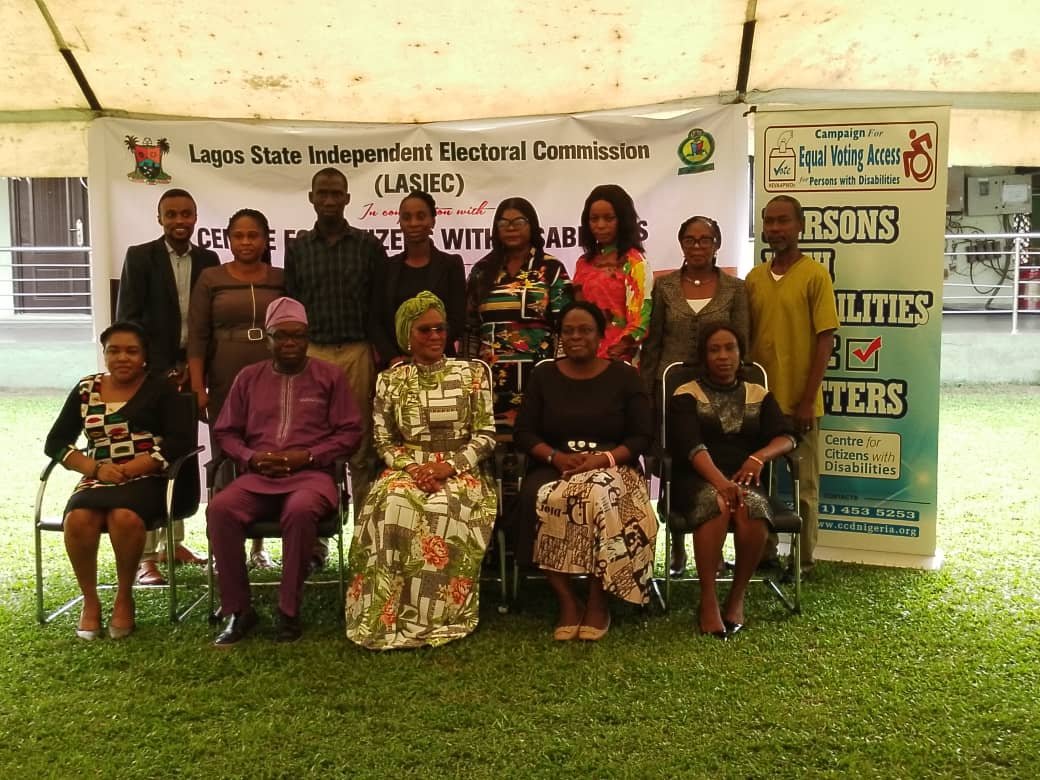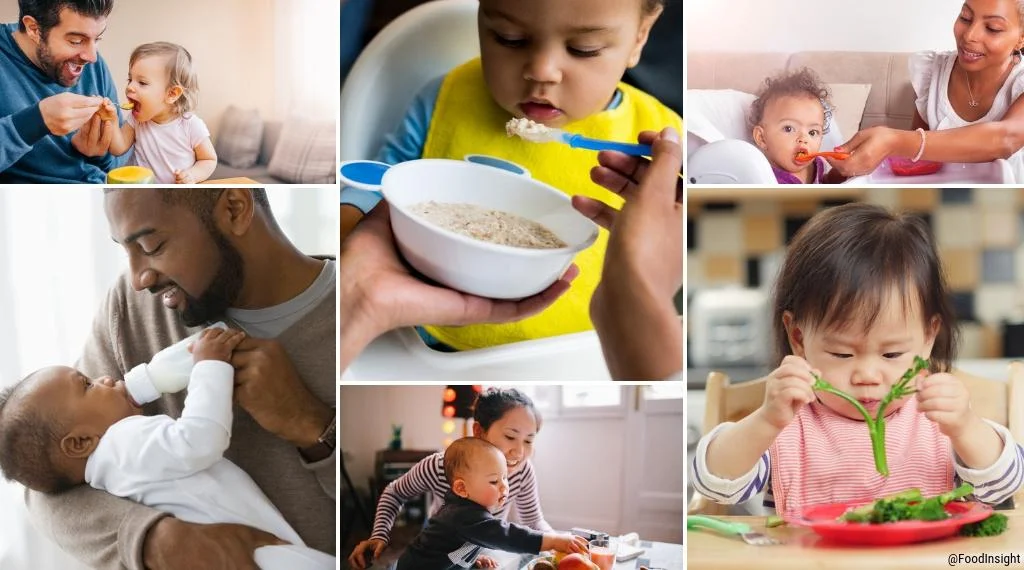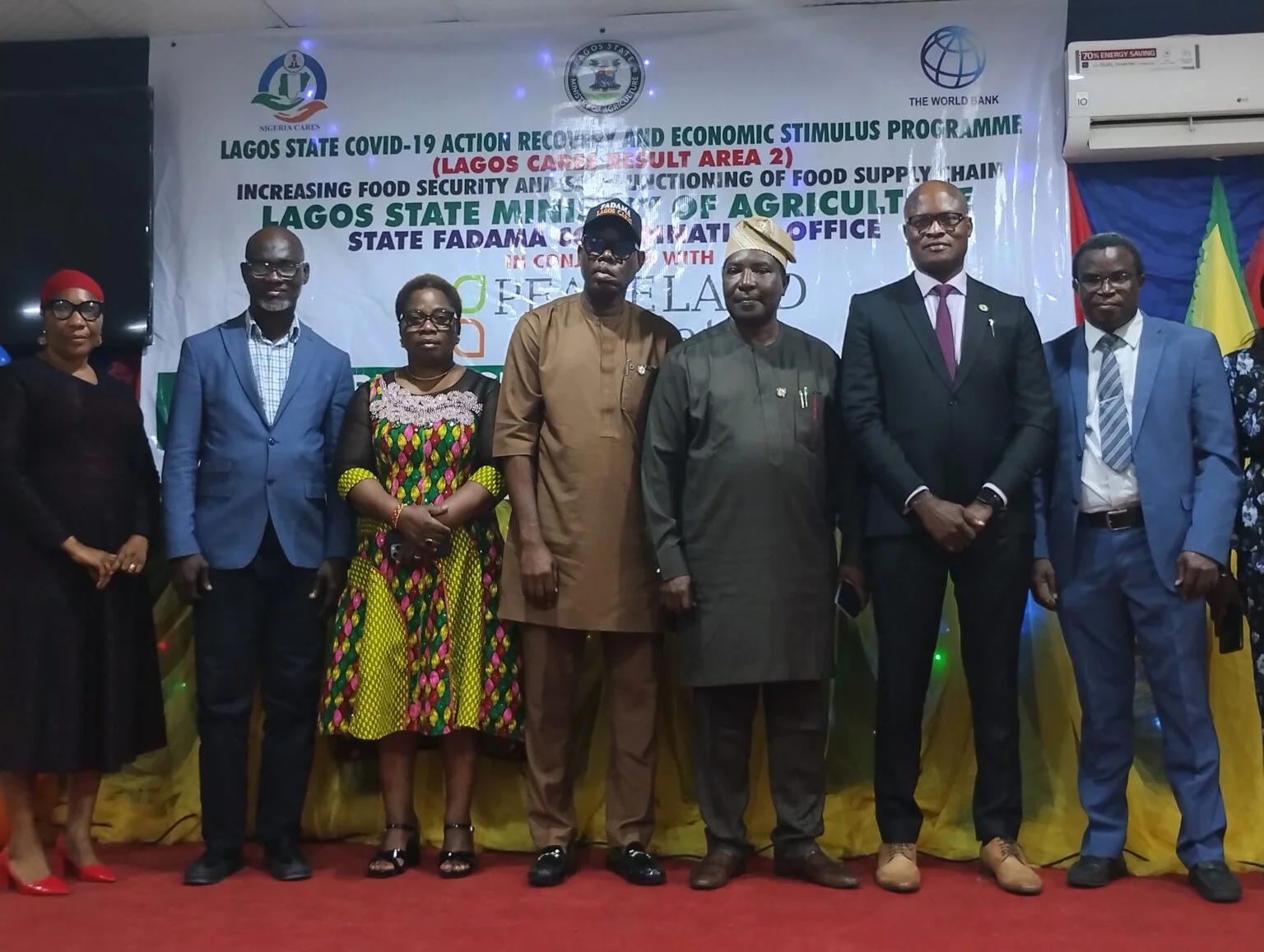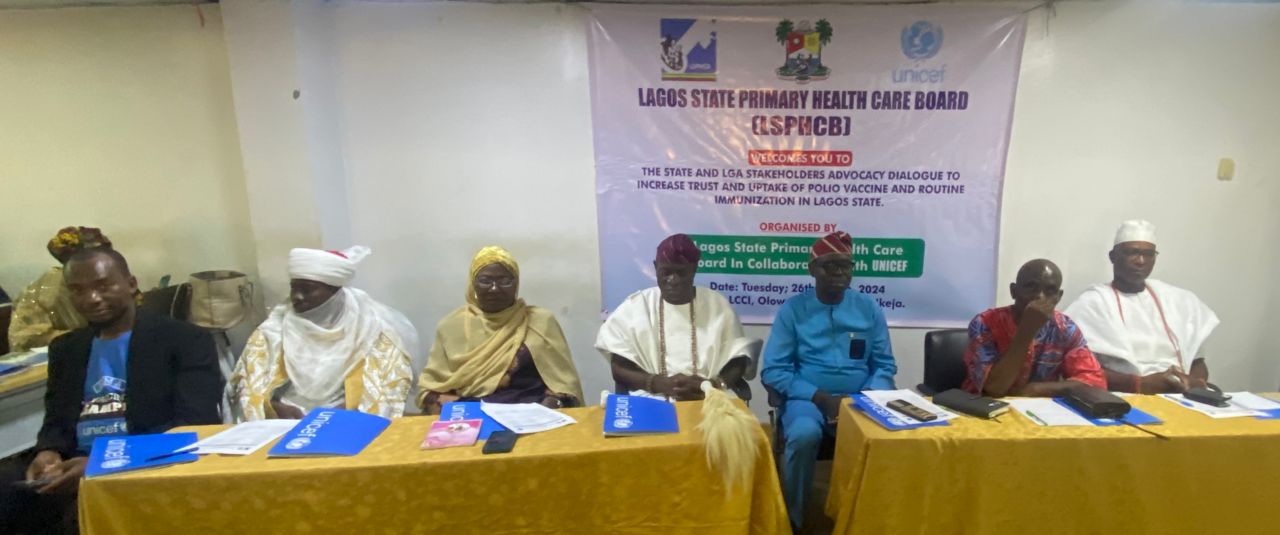By Franca Ofili, News Agency of Nigeria (NAN)
Nutrition is a critical part of health and development. Good nutrition is related to improved infant, child and maternal health; stronger immune systems, safer pregnancy and childbirth, lower risk of non-communicable diseases and longevity, among others.
Healthy children learn better. People with adequate nutrition are more productive and can create opportunities to gradually break the cycles of poverty and hunger, according to a World Health Organisation report.
Malnutrition, in every form, presents significant threats to human health. Today the world faces a double burden of malnutrition that includes both under nutrition and overweight, especially in low- and middle-income countries.
Nutritionists have identified multiple forms of malnutrition, including under nutrition, which results to wasting or stunting, inadequate vitamins or minerals. There are also diet related non communicable diseases such overweight and obesity.
The developmental, economic, social, and medical impacts of the global burden of malnutrition are serious and lasting for individuals and their families, for communities and for countries.
Adequate nutrition from conception, pregnancy, infancy and early childhood is fundamental to the realisation of a child’s full health potential and productively. It is also vital to sustainable development across all life cycles.
The health and nutritional status of women and children are intimately linked and improving the health of children will require ensuring adequate nutrition for women throughout all stages of life.
According to Francesco Branca and her team of researchers, children of malnourished women are more likely to have cognitive impairment. Others are development delay, lower resistance to infection and a higher risk of mobility and morality
The study entitled Nutrition and Health in Women, Children, and Adolescent Girls was published in the British Medical Journal (BMJ).
To boost nutrition in children, WHO and UNICEF recommend early initiation of breastfeeding within one hour of birth.
The two bodies also prescribe exclusive breastfeeding for the first 6 months of life; and. introduction of nutritionally-adequate and safe complementary foods such as solid foods at 6 months.
They say this should go simultaneously with breastfeeding up to 2 years of age or beyond.
The first two years of the life provide a critical window of opportunity for ensuring appropriate and development through optimal feeding. Evidence has shown that inappropriate feeding of infant and young children is the main cause of malnutrition in the age group.
This is according to World Health Organisation’s Infant and Young Child Feeding: Model Chapter for Textbooks for Medical Students and Allied Health Professional.
In a bid to address inadequate nutrition in Nigeria, the Maternal Infant and Young Child Nutrition was updated in 2023 to meet global nutrition aspiration.
Poised not to be left behind and given the nutritional challenges faced by Nigeria it has embarked on a journey to improve the capacity of frontline workers to enhance infant nutritional practices.
The training, aimed to leverage the skill of the frontline workers to reduce maternal and infant death which has been major source of concern through proper nutrition.
With support from the World Bank the Federal Government is implementing a five-year nutrition programme under the auspices of Accelerating Nutrition Results in Nigeria (ANRiN).
Mrs Ladidi Bako-Aiyegbusi, the Director and Head of Nutrition Division, Federal Ministry of Health, said the initiative was meant to educate participants about good nutrition-related behaviour and improve nutrition outcomes for children.
According to her, participants at the end of the training, participants were expected to describe the nutrition trends and list common nutritional problems in the country at the end of the training.’
The director said that the nutritional challenges in the country include “poor dietary quality, high prevalence of malnutrition in all its forms, limited data to assess nutrition situation, and inadequate progress in meeting the 2030 nutrition targets.”
The 2030 nutrition targets seek to end all forms of malnutrition, including achieving by 2025, the internationally agreed targets on stunting and wasting in children Under 5 years of age.
It also seeks to address the nutritional needs of adolescent girls, pregnant and lactating women and older persons.
She listed the focus areas of the capacity training to include breastfeeding, complementary feeding, feeding sick infants, young children and infant feeding in the context of HIV.
Other areas, she said, are: women and adolescent nutrition, as well as counseling, coaching and mentoring skills.
According to Mrs Lawal-Aiyedum Olubunmi, Chief Executive Officer, Maternal Adolescent and Reproductive Child Healthcare (MARCH), an advocacy group, pediatric nursed are critical to meeting the nutritional needs of infants.
“When they get it right everybody will get it right because nurses play a vital role in the area of communication and counseling the mothers.
“The nurses work starts from antenatal, delivering of the baby, immunisation and postnatal which is the right avenue to educate mothers on the importance of exclusive breastfeeding”, Olubunmi said.
Olubunmi advocated the establishment of crèches for breastfeeding mothers within the informal sectors to enable them practice exclusive breastfeeding.
“We need to educate women on what is called early initiation of exclusive breastfeeding and appropriate complementary feeding for two years or beyond,” she said.
Olubunmi called on wives of the governors and women associations to ensure they educate mothers on good nutrition and exclusive breastfeeding whenever they have the opportunity to do so.
Also, Mr Abba Kyari, Nutrition Officer, National Primary Health Care Development Agency (PHCDA), a participants said nursing mothers should always adapt the growth changes in their children to meet their nutritional needs,
“When the child keeps growing the feeding pattern also changes, that means density of the food giving to the child changes”, he said.
“The training will help us draw an action plan to various agencies and ministries to see how we can collaborate with the ministry of health to implement various programmes in the community to reduce malnutrition in the country.
“We will ensure that training will be cascaded at the state level, local government level and the health care workers.
” The healthcare workers are at the frontline that will be responsible for providing counseling to the mothers and caregivers and also at the community level,” he said.
Another participant, Mrs Sarah Ohuche, also a NPHCDA member of staff, said the agency would extend the training to relevant health workers down to the local government and the other health facilities levels.
The participants were unanimous that the training needs to be cascaded to the local and state
level where the bulk of the work is. (NANFeatures)
**If used please credit the writer and News Agency of Nigeria.














